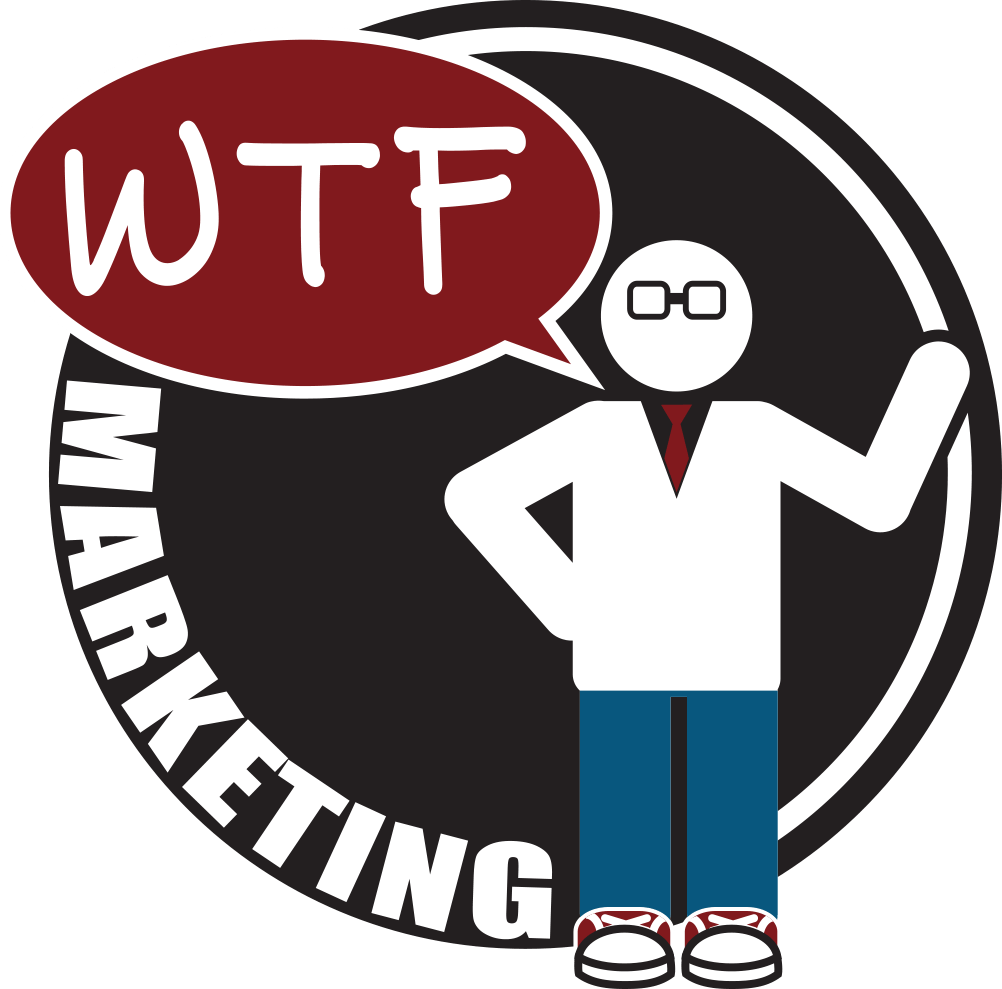 I’m the first to admit sometimes I’m a jerk. I recently called out a very popular new Twitter friend on the use of a squeeze page to market a social media conference.
I’m the first to admit sometimes I’m a jerk. I recently called out a very popular new Twitter friend on the use of a squeeze page to market a social media conference.
This person is considered a rock-star when it comes to Facebook. Her compatriots, experts in blogging, Twitter, and other forms of social media.
So, when I saw a squeeze page marketing their conference, I was pretty shocked. I had a lot of questions. Why were these experts using old-school (direct-response) marketing techniques to promote their skills in using these new marketing tools? From my perspective, this painted them in a very inauthentic light and I said as much.
I was bothered by my friend’s response – first, thinking I was attacking her personally (not my intention – I AM very direct, but I’m not intentionally mean) and second, that a long-form sales page was a legitimate technique to promote a social media event.
Many people my age agree with me that it’s an uncharacteristically poor marketing tactic for a group of social media experts to use; many people older than me do not… so in an attempt to explain this generational “schism”, here’s why I think social media squeeze pages are considered to be douchebaggery:
- Squeeze pages feel grody because they make us (your potential customers) feel stupid and unloved.
- If someone really cared about getting my business, they wouldn’t waste my attention by pitching me in 5,000 different ways on a long-form sales page. They’d approach me (or a group of people like me) personally and directly. It shows they care. It shows they know me and respect me as a customer.
- Wallpapering an ad across the web and then spamming me doesn’t show a lot of social media grace. If I were known for my Facebook prowess, you can bet I’d be almost exclusively marketing the event via Facebook or a blog.
- Long-form sales pages (or squeeze pages) aren’t built on the premise of creating a relationship with customers: an essential tenant of social media.
- If I sense the end goal is getting my $ rather than providing me value (a common feeling from long-form sales pages) I know any services will be aimed at the same end.
- Squeeze pages are meant to do two things: generate an opt-in response or generate a sale. When the thing you’re selling is social media expertise, this paints you as inauthentic.
- Social media advertising works on Word of Mouth. Word of Mouth works best when customers/community members feel valued. I’m not going to disrespect my friends by wasting their time promoting an event by sending them to read 5,000 different pitches on a long-form sales page. I’m going to pitch them personally; if they bite, we both win. But if I feel disrespected because you didn’t care to pitch me (or a group of people like me) at least semi-personally, I’m not going to pitch you at all.
 The FTC recently cracked down on affiliate marketers’ claims (notoriously found: on squeeze pages) because they are often misleading.
The FTC recently cracked down on affiliate marketers’ claims (notoriously found: on squeeze pages) because they are often misleading.
- Social media is all about reputation. Why would anyone even consider giving a hint of sleaze by using the same old-school tactics as affiliate marketers when social media is a perfect tool to cut through the sleaze and demonstrate authenticity?
- When you have to brow-beat your community to get them to sign-up, are you providing or inhibiting value?
- For this specific conference, I was first sent an opt-in-based email message slamming social media snake oil salesmen, THEN directed to a long-form sales (squeeze) page, THEN asked to opt-in to yet another list or purchase…
- Why should I get (potentially) spammed by you just because I wanted to attend ONE event? Yikes.
I might be a jerk, but I know an inauthentic tactic when I see one and squeeze pages are definitely sleaze-ridden.





